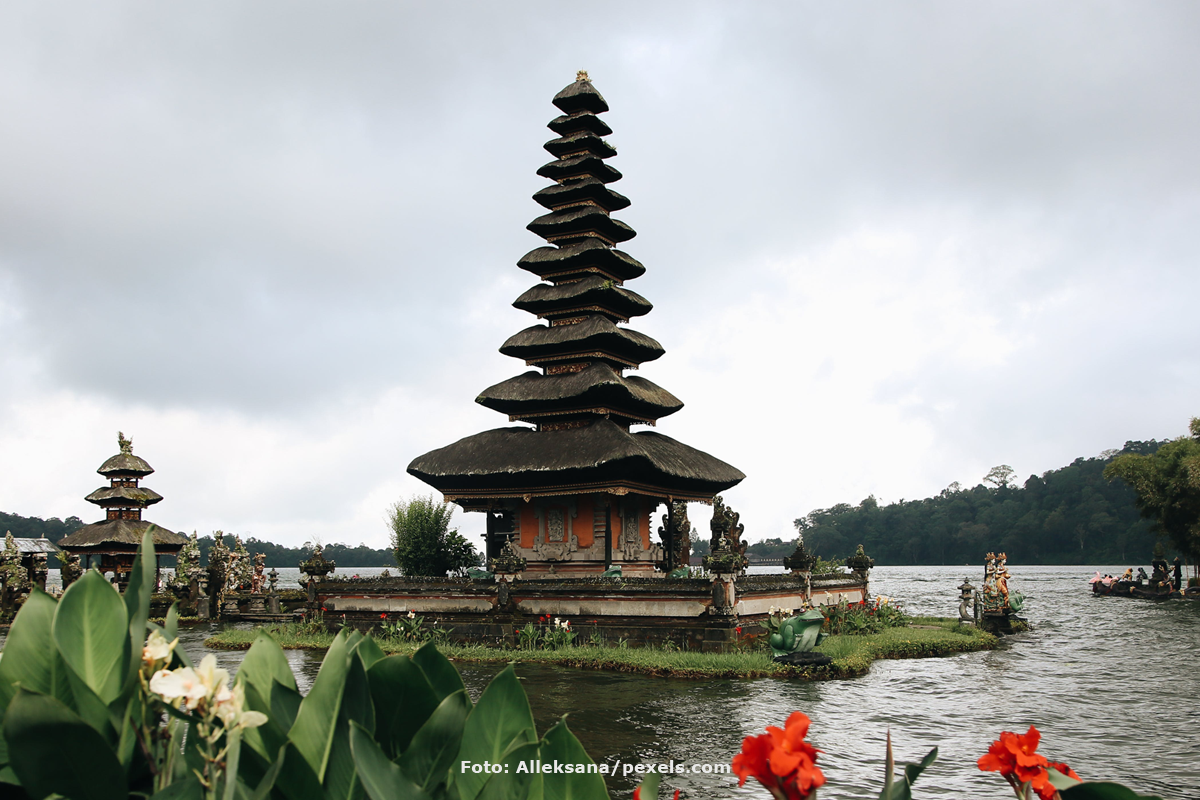Reviewing the Strategy for Introducing a Tourist 'Tax' on the Island of the Gods
Amarta Devanda Rahendra*
|
Friday, 01 March 2024

It is common knowledge that Bali is one of the favorite tourist destinations not only for domestic travelers but also for foreigners. Its popularity also makes the Island of Gods the region that contributes the most foreign exchange in the tourism sector.
Data from Statistics Indonesia states that during the January-October 2023 period, as many as 6.5 million people have set foot on the island, which is famous for its natural and cultural tourism.
Of that total, over 65%—approximately 4.3 million visitors—came from foreign countries, commonly referred to as foreign tourists. Consequently, Bali transformed into a leading contributor of foreign exchange in the tourism sector.
The high tourism potential on the island of Bali has led the government to grant exclusive rights in the form of authority to impose special levies for foreign tourists. This right is given based on Law Number 15 of 2023 concerning the Province of Bali.
Not a Local Tax
With this privilege, the source of local revenue to be collected by the Bali provincial government will increase.
Although it is a levy, PWA is not categorized as a local tax or retribution. Therefore, in the posture of the Regional Budget (APBD) of Bali Province, PWA is categorized as other revenues.
However, based on their similar characteristics, the author argues that at some point in the future, it will be necessary to redefine the PWA as a mandatory levy and whether it should be reclassified as a local tax.
The plan is that the amount of PWA to be levied is IDR 150,000 or approximately US$ 10 per tourist, assuming the prevailing exchange rate is IDR 15,000 per US$. The levy is final, meaning that visitors only pay once in advance.
The payment is designed to be non-cash or cashless, using a website-based digital system that has been provided by the Bali Provincial Government under the name Love Bali. With a cashless system, the payment media will be varied. Because it can be through bank transfers, virtual accounts, to QRIS (Quick Response Code Indonesian Standard).
With an average of 437 thousand visitors per month during the period January - October 2023, the implementation of this PWA can contribute up to 787 billion rupiah of foreign exchange each year. An amount that is certainly quite significant.
Nature and Culture Conservation
Apart from adding new sources of regional income, the imposition of this PWA aims to conserve and protect both natural and cultural riches on the Island of the Gods.
This is as outlined in Bali Province Regional Regulation (Perda) Number 6 of 2023 concerning Levies for Foreign Tourists for the Protection of Bali's Culture and Natural Environment.
Because, as previously explained, Bali is an area that is a mainstay destination in Indonesia. The massive presence of foreign tourists every year should be of concern to the government because apart from bringing in foreign exchange, it also makes Bali more vulnerable to the entry of unwanted things.
With the PWA, it is expected that the Bali Provincial government will have sufficient funding sources to carry out cultural conservation and preservation programs. This is as stated in Article 3 of Regional Regulation No. 6 of 2023.
In addition, levies are also made to improve the quality of service of tourism activities in Bali. For example, through the implementation of better tourism governance by paying attention to aspects such as cleanliness, order, safety, and comfort.
So it can be concluded, that the imposition of this PWA is not just to reap profits. Because the tourists who pay the amount of money get feedback that can improve their holiday experience.
In terms of concept and purpose, the author argues that implementing this policy is worthwhile. It not only benefits the local government but also proves advantageous for tourists.
After all, what is US$10 to a foreign tourist is only the equivalent of two Big Mac hamburgers from McDonald's in the United States, but the impact can be huge. Therefore, the author supposes, that if the implementation of this tourist levy is effective in Bali, why not implement it in other regions as well?
*The author is a student of the Faculty of Administrative Sciences, University of Indonesia.
Disclaimer! This article is a personal opinion and does not reflect the policies of the institution where the author works.


